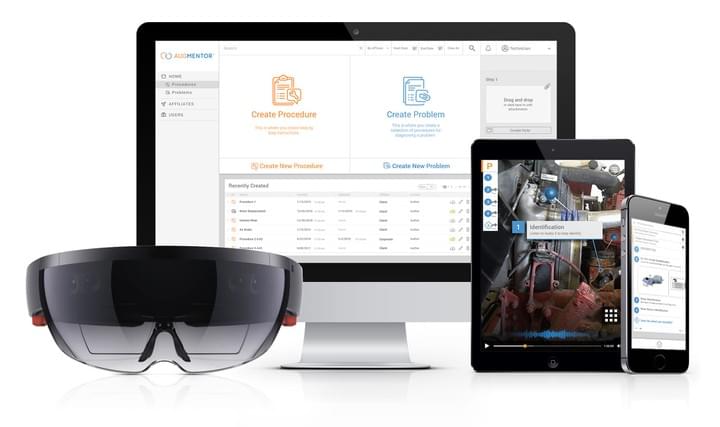Updated April 2020
Design Interactive’s Director of Consumer Experience, , presented innovative training solutions at the American Public Power Association Business and Finance Conference in Nashville, Tennessee, on September 18 2017.
The American Public Power Association (APPA) is the voice of not-for-profit, communityowned utilities that power 2,000 towns and cities nationwide. They represent public power before the federal government to protect the interests of the more than 49 million people that public power utilities serve and the 93,000 people they employ. APPA advises on electricity
policy, technology, trends, training, and operations. The APPA Academy is public power’s complete resource for professional education and certification, helping electric industry employees stay abreast of rapidly evolving technologies, regulations, and customer needs.
Johnston’s 2-hour-long presentation covered significant challenges the utility/power industry is facing such as the aging workforce and engaged attendees in a discussion on how investment in training technologies, such as video-based coaching and augmented reality applications, could
help. In particular, the discussion centered on how small public utilities could empower their field based workforce to create relevant and effective training content and reduce reliance on third party vendors or outsourcing while reducing the workload of internal training developers, many of who are not instructional designers and often play dual roles in the organization.
Two technologies currently under development at DI became the main focus of the presentation: IMITATE, a video based coaching application and XRMentor™ an enterprise augmented reality application that empowers experts in the field to author troubleshooting methods and share with all field workers part of the enterprise.
These small utilities have a unique challenge. They are very small, in some cases having only a handful of field workers to support a rural community. Therefore their training budgets are tight and often they will pool resources to obtain relevant and quality training or access through the APPA’s own offering. This usually means traditional video or e-learning modules which can take employees out of the field and reduce productivity, the impact of which is magnified at a small utility. A license for a $50,000 augmented reality application would be unheard of for these utilities. However, pooling the resources of multiple utilities can keep these effective technologies within reach.
A second challenge is the lack of true training experts. There is no shortage of subject matter experts, but they have limited training experience in most cases, outside of sharing on the job experiences. Johnston was able to demonstrate how using experts in the field to share how they overcome novel challenges and best practices for the most difficult tasks can be an effective and efficient means of improving the knowledge base of the worker community. Using DI technologies, he showed how content could be rapidly authored in a handful of minutes and immediately shared to mobile devices owned by each employee. Again, empowering the workforce to share and build a community of knowledge.
The utility industry field workers are like a brotherhood. Recent events in Florida and Houston remind us of the dangers these people face every day and how important they are to us. It is utility workers that keep our lights on and keep the water running. Not all of this work is performed by publicly traded energy companies, but rather, highly committed public employees to whom we owe an enormous debt of gratitude. Design Interactive is extremely proud to have been invited to speak at the conference and pleased Matt Johnston was able to shed light on how some innovative technological solutions could help utility organizations of all sizes address their largest training issues.
Design Interactive has been optimizing human performance at ludicrous speed since 1998. We develop innovative, engaging augmented and virtual reality training solutions and create biosignatures of human emotion, cognition and physical state that empower consumers. To
learn more about how we can leverage technology to improve your business processes, contact us .


